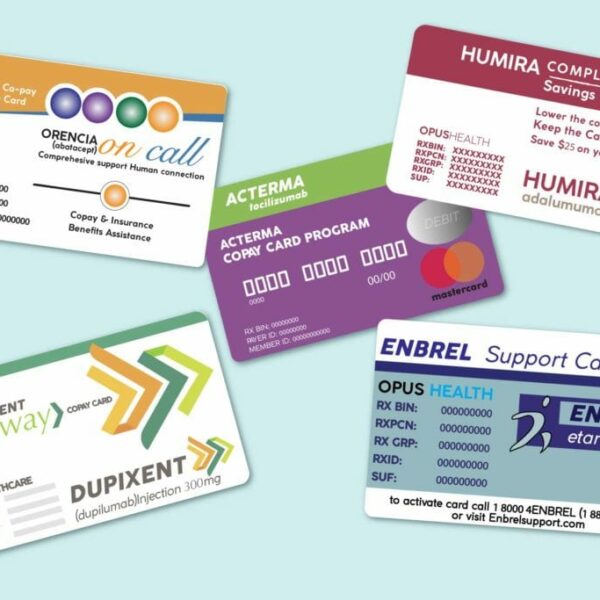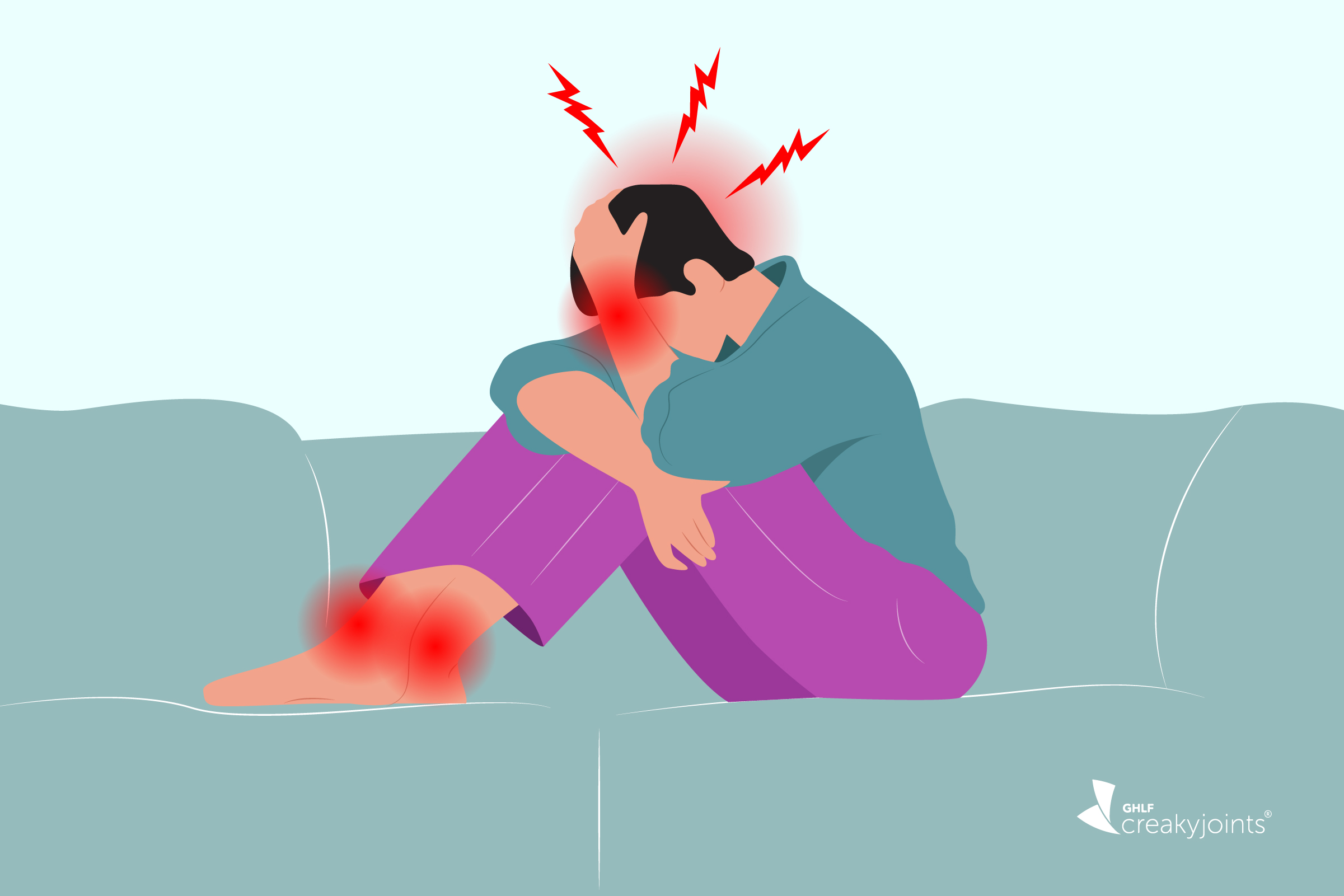We Should Be Doing Everything We Can to Help Patients to Access Their Medications: A GHLF Advocate Testifies
We Should Be Doing Everything We Can to Help Patients Access Medications: A GHLF Advocate Testifies

Corey Greenblatt, Senior Manager of Advocacy at the Global Healthy Living Foundation, knows the power of speaking up about health care challenges. He also knows how raising your voice can help other patients who are struggling. Corey recently had the opportunity to provide testimony to the Delaware Senate Banking, Business and Insurance Committee to discuss Senate Bill 267, a copay accumulator adjustor ban.
“I advocate for laws like this because we should be doing everything we can to make it easier for patients to access the medications that work for them, and copay assistance and this legislation do just that,” says Corey.
Read his testimony below, and click here to learn more about copay assistance programs.
The Testimony
My name is Corey Greenblatt, Senior Manager of Advocacy at the Global Healthy Living Foundation, a 501(c)(3) non-profit organization. I make my comments today on behalf of chronically ill patients living in Delaware, many of whom are part of the GHLF Network. I thank you for allowing me to comment today in support of the passage of Senate Bill 267, regarding patient cost sharing and copay accumulator adjustors. This bill will put the patient first by regulating an often-damaging practice often used by pharmacy benefit managers and health insurers to control administrative and pharmacy costs.
Drug prices can be an arbitrary term to families and individuals living with chronic conditions; instead, they realize the cost of medications in premiums, deductibles, copays, and coinsurance, not list prices. Insurance companies and their pharmacy benefit manager (PBM) partners determine many costs borne by Delaware residents.
Suppose a child or adult in Delaware with a complex chronic disease wants to remain stable on the same medication. In that case, they are forced to meet the demands of fluctuating out-of-pocket costs because of dramatic and frequent changes to the list of preferred drugs chosen by the insurer or PBM to enhance their profit.
Many manufacturers address the burden of out-of-pocket spending on patients by providing copay assistance coupons, which reduce the cost of medication for patients, thereby allowing patients to remain on the therapy prescribed by their care providers. Through these copay cards, the manufacturer takes responsibility for much of the out-of-pocket cost set by the insurance provider or PBM.
Before attempting to apply a one-size-fits-all approach to this legislation, it is essential to consider that high deductible health plan offerings, co-insurance, and high-tiered drug placement for high-value specialty medications are what precipitated the need for these copay assistance programs. While people should have different plan options to choose from, more often, the only choice they can afford is an insurance company’s high deductible plan. Copay assistance programs have become the only means for many patients to gain access to life-saving therapies. Patients in Delaware can meet their deductibles using copay assistance programs, ensuring that when their coupons run out, they can still access their treatment without exorbitant copayments because their deductible will have been met.
This enables patients to plan for their medical expenses, maintain their prescribed therapies, and stay in control of their health. A copay accumulator adjuster does not allow copay cards to reduce a patient’s deductible. So when the copay card is used up, the patient still has their full deductible to meet. The net effect is that the insurance company and/or its pharmacy benefit manager partner get twice the deductible from a chronically ill patient — double-dipping at the patient’s expense. Additionally, a study by Stanford University found that the majority of the drugs that offer copay assistance do not have a generic equivalent so switching to a cheaper medication is oftentimes not an option.
Senate Bill 267 would codify into law the idea that copay payments made using copay assistance programs count toward patients’ deductibles and out-of-pocket maximums. Without such protections, we have seen decreases in medication adherence, increases in prescription abandonment rates, and ultimately poor health outcomes.
People living with chronic conditions such as cancer, rheumatoid arthritis, epilepsy, and chronic pain already face barriers to treatment options due to insurer and pharmacy benefit manager partner profit-generating protocols. Insurance companies and their pharmacy benefit managers benefit from drug rebates totaling $166 billion. Patients pay their deductible based on the list price of a drug, not the steeply discounted rebate price. Allowing insurance providers to restrict copay assistance programs enables them to “triple-dip” — by collecting money from rebates and twice from a patient’s deductible.
The benefit provided by allowing Americans to use copay assistance programs to meet their deductibles is clear: insurance companies still receive their payments while those with chronic health conditions can access their treatments and retain autonomy over their healthcare spending. I urge you, on behalf of our chronically ill and often cash-strapped community members, who are also your constituents to support SB 267 so they can continue to use copay assistance programs to access their needed medications.
Thank you for your time, and I would be pleased to provide any further information you need.
Want to Get More Involved with Patient Advocacy?
The 50-State Network is the grassroots advocacy arm of CreakyJoints and the Global Healthy Living Foundation, comprised of patients with chronic illness who are trained as health care activists to proactively connect with local, state, and federal health policy stakeholders to share their perspective and influence change. If you want to effect change and make health care more affordable and accessible to patients with chronic illness, learn more here.





